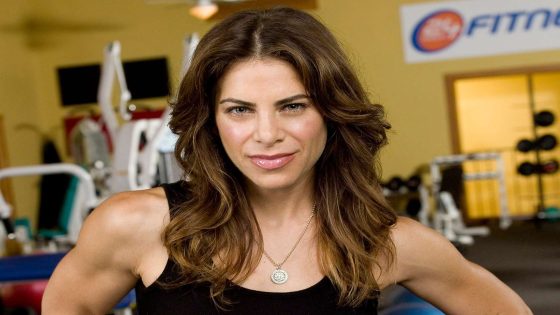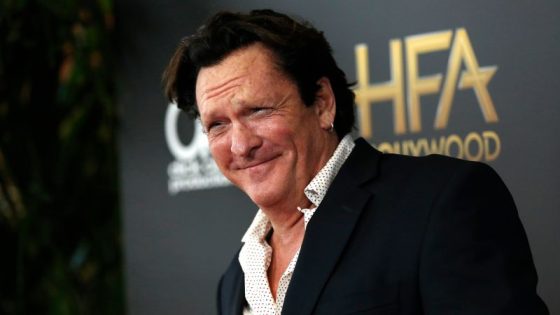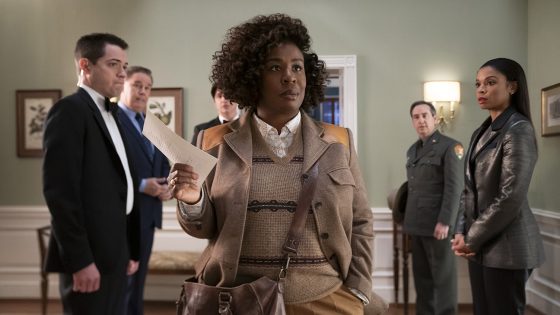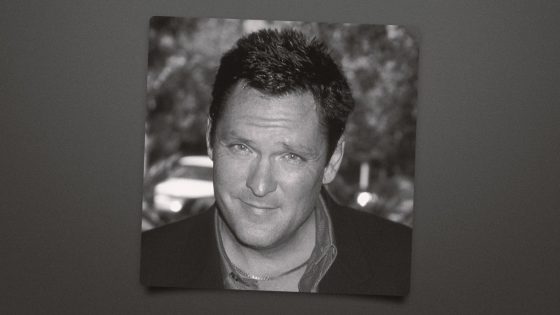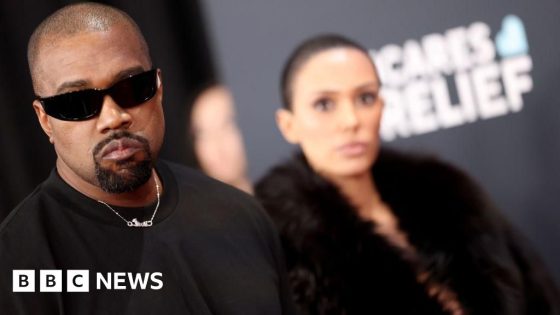Jillian Michaels is making headlines as she responds to accusations in a new Netflix docuseries. The series, which premiered on August 15, includes serious allegations from her former cohost Bob Harper and medical consultant Dr. Robert Huizenga, claiming ethical breaches during her time on the show.
- Jillian Michaels responds to Netflix docuseries accusations.
- Bob Harper and Dr. Huizenga allege ethical breaches.
- Michaels considers legal action against Netflix.
- She shares evidence refuting calorie restriction claims.
- Harper criticizes Michaels for lack of support.
- Docuseries explores controversies surrounding "The Biggest Loser."
Michaels, known for her outspoken nature, took to Instagram, sharing evidence she believes counters the claims against her. As the controversy unfolds, she is reportedly consulting with attorney Bryan Freedman to explore legal options. What does this mean for her career and the future of reality TV?
This situation raises questions about accountability in reality television. Are producers and stars held to the same ethical standards as traditional media? As the public consumes more reality content, how will this impact viewer trust?
- Michaels denies allegations of unethical behavior, claiming her former colleagues approved of controversial practices.
- The docuseries has sparked a debate about the treatment of contestants in reality shows.
- As the fitness industry evolves, how will these revelations shape public perception?
As the landscape of entertainment continues to shift, audiences must remain vigilant and informed. Will this controversy lead to lasting changes in how reality shows operate?



